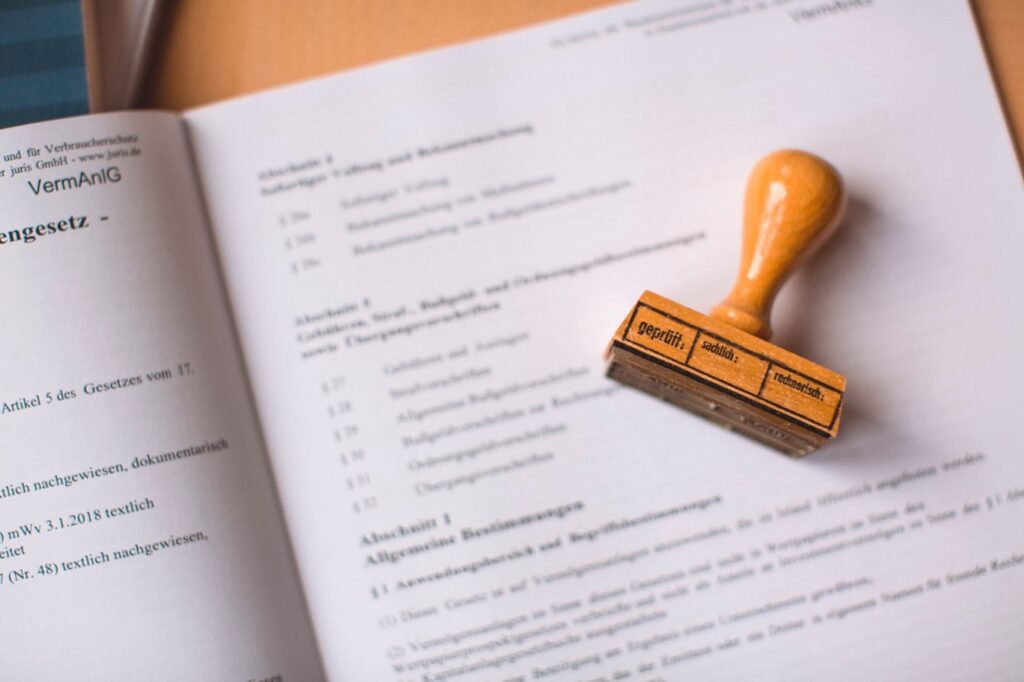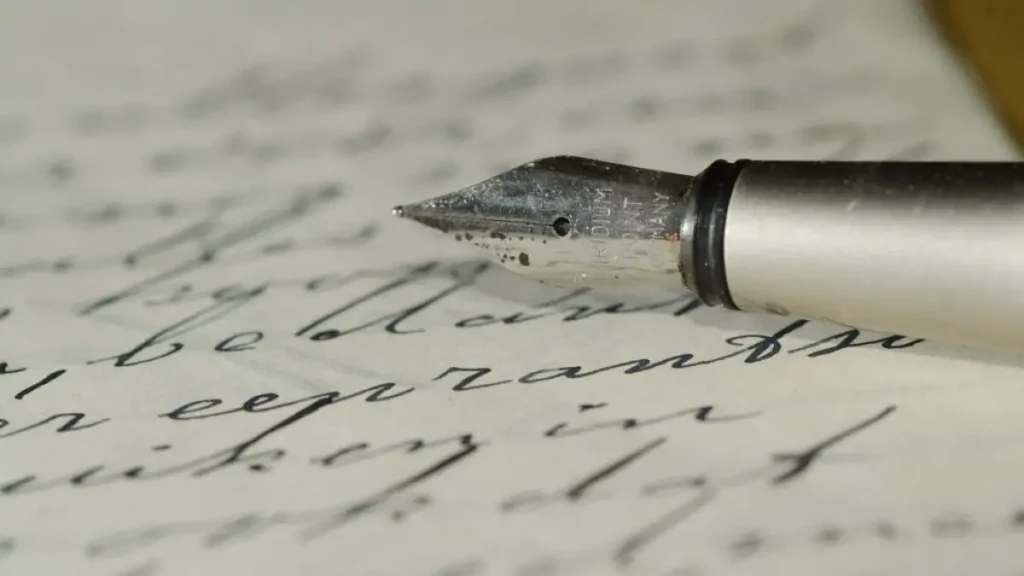You can leave your family peacefully by avoiding fights and lawsuits over your estate in a will contest. Many strange things can happen when money or property is at stake. This kind of battle, such as estate litigation, should be avoided at all costs. When your heirs or family members fight over the estate or property you’ve left behind, it can be a dividing point for generations to come. The costs for litigation can also be costly, and they may end up wiping out their inheritance and have nothing after the process. So, what are some of the common causes of estate litigation?
No will was left by the deceased
Most estate litigation and dispute cases occur when no will is left. Without a will, it is difficult to prove the deceased’s intentions with their property. This causes everyone involved to presume that they know precisely how the deceased would want their assets distributed. When the surviving family members disagree on how to share the assets, litigation or dispute resolution is likely the only option.
An individual is challenging the validity of the will

Even if the deceased left a will, there is still a possibility of one challenging its validity. This is most common when:
- The deceased was facing concerns like dementia, severe cognitive decline, senility, Alzheimer’s, aging or other similar conditions. This may be a valid claim of undue influence.
- If a family member influences your loved one to draft a new will that significantly varies from the previous copy.
- If they exclude some of the beloved family members
- If they directed a majority of the assets to a single family or person
An heir has concerns with the will executor or administrator
Your loved one might have trusted an individual and named them their will executor or administrator of their estate. However, this does not imply that everyone in the family will extend equal trust, like the deceased. If you believe the individual selected to handle your family member’s estate is unscrupulous or dishonest, you may have a reason to contest their actions. You can decide to resolve the dispute or even challenge it in court.
Forged documents
This course of action involves the suspicion that documents such as trust agreements or will were forged, non-genuine signatures or documents that were fabricated or altered in some way. A forgery is a form of fraud, and you should have strong evidence that this action happened before taking any action. You can use a handwriting expert to ascertain if the testator’s signature is authentic.
Multiple wills

It is common that your loved one might have drafted multiple wills during their lifetime. Situations such as remarriage, divorce, getting newborns in the family, and estrangement, among others, can cause changes to their estate plans. Should a new will surface after the presentation of the other one in court, then litigation might be required.
Beneficiary disputes
When there is a dispute between beneficiaries, it may result in estate litigation. Some disputes can include how the property is divided, the interpretation of specific languages, and missing heirs. The validity of beneficiary dispute cases may vary depending on individuals’ circumstances.
You can avoid estate disputes and litigation by creating a detailed estate plan before your demise. This helps you avoid estate litigation and protect your assets, an area a skilled and experienced lawyer can help in. This is by improving your estate planning quests and will’s validity.



